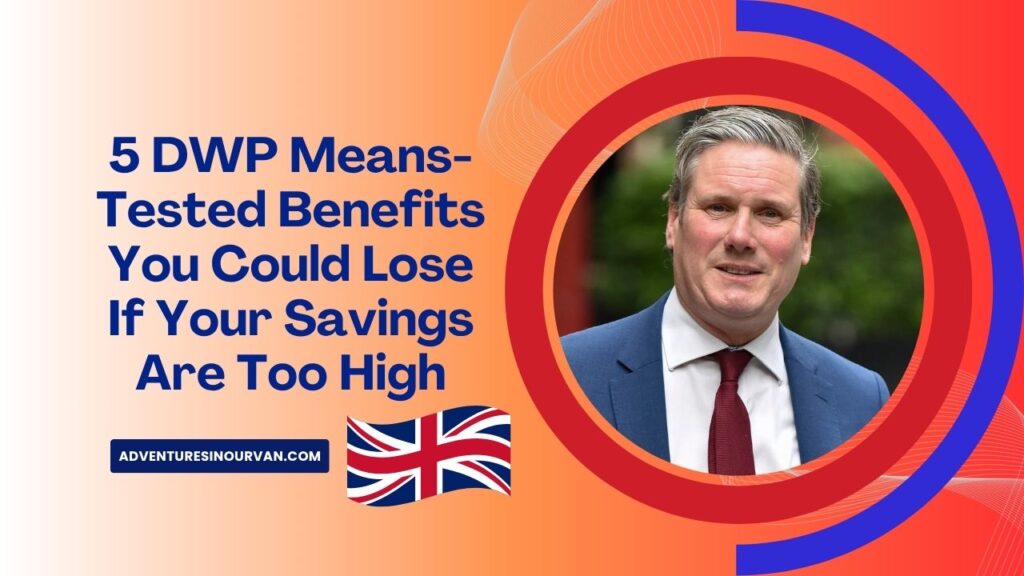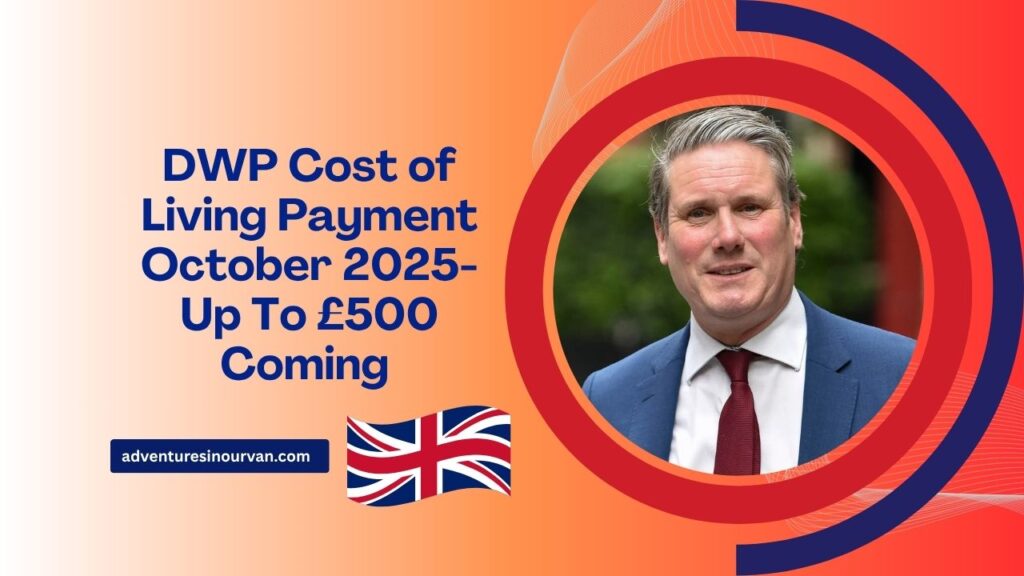Understanding your savings and capital is crucial if you’re applying for means-tested benefits from the Department for Work and Pensions (DWP). These benefits are specifically designed to assist individuals or families with limited financial resources, and exceeding the savings threshold could either reduce your benefit amount or disqualify you entirely.
What Are Means-Tested Benefits?
Means-tested benefits are financial supports that are only available to those whose savings and capital fall below certain limits. The DWP considers not just how much cash you have, but also the total value of your financial assets, which may include joint finances with a partner—but not those belonging to a child.
How the DWP Calculates Your Savings
According to Money Helper, when you apply for means-tested support, the DWP conducts a thorough assessment of your financial situation. This includes:
- Cash in bank and building society accounts (regardless of interest)
- National Savings and Investments accounts
- Premium Bonds
- Stocks and shares
- Property you own (excluding your main residence)
- Inheritance
- Pensions you’re currently drawing from
These assets are totaled and measured against the thresholds for various benefits.
Savings Limits for Major Means-Tested Benefits
| Benefit | Savings Limit |
|---|---|
| Universal Credit | £16,000 |
| Pension Credit | £10,000 |
| Council Tax Support | Varies by local council |
| Income-related Employment and Support Allowance | £16,000 |
| Housing Benefit | £16,000 |
Additionally, lump-sum payments such as redundancy pay or compensation awards are often counted as part of your savings. However, certain compensatory payments—like those from the Infected Blood Compensation Scheme—are excluded from this calculation.
What Savings and Assets Are Disregarded?
Some personal items and financial arrangements do not count toward your savings total. These include:
- Personal possessions (e.g., jewellery, furniture, vehicles)
- Untouched pension pots
- Pre-paid funeral plans
- Uncashed life insurance policies
- Insurance payouts, if used for repairs or replacements
These items are intentionally disregarded by the DWP and do not influence your eligibility for benefits.
Rules on Deprivation of Assets
You cannot deliberately reduce your savings in order to qualify for means-tested benefits. This is known as “deprivation of assets”, and includes actions like:
- Giving away money
- Transferring property ownership
- Buying non-countable assets like a car
However, using savings for essential expenses such as food or to pay off debts is allowed.
If there’s suspicion that you’ve intentionally depleted your capital, the DWP may investigate. You could be asked to supply documents or receipts explaining when and why the assets were spent.
If it’s determined that your actions were meant to secure eligibility or increase benefit payments, the DWP will treat it as if you still have the money. This is referred to as “notional capital” and could disqualify you from receiving support or reduce the amount you’re entitled to.
Your eligibility for DWP means-tested benefits heavily depends on your savings and assets, both current and past. It’s important to understand what’s counted, what’s disregarded, and what actions might be viewed as an attempt to bypass eligibility rules.
Transparent financial documentation and an understanding of the rules can prevent benefit disruptions and ensure you receive the support you’re entitled to. For further official details, always consult the Gov.uk portal or seek advice from a certified financial advisor.
FAQs
Can I still get Universal Credit if I have over £16,000 in savings?
No. If your total savings exceed £16,000, you are not eligible for Universal Credit.
Will my partner’s savings affect my benefits claim?
Yes, the DWP considers joint household finances, including your partner’s savings, when assessing your eligibility.
What happens if I spend my savings to qualify for benefits?
If the DWP believes you intentionally spent or gave away money to qualify for benefits, they may treat it as if you still had the money—notional capital—affecting your claim.



